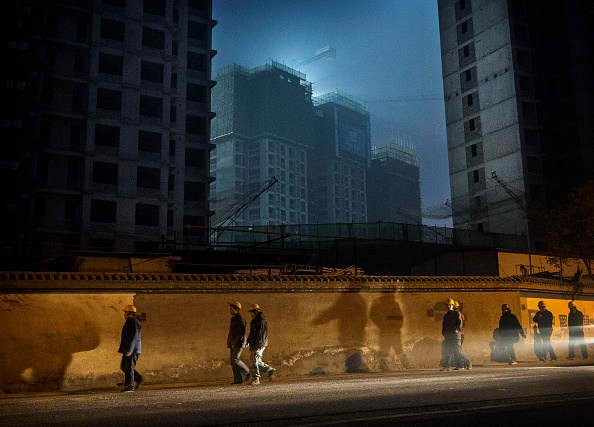The decline of sales of a once very robust market is worrying analysts like Chi Lo, greater China senior economist at BNP Paribas Investment Partners in Hong Kong.
"In the past, the economic players expanded supply first and created jobs so as to create demand, but that is gone now," Lo said, "It has to clean out the excess capacity, which means the supply expansion model has to change."
According to data of BNP Paribas, the real estate completed investment is now at 5 percent. This is from above 35 percent in Aug. 2010.
Lo explained that many capital intensive companies focused on real estate investments without considering the strength of demand and the possible decline in trends.
The expert said that the real estate market will not be growing soon which is also due to slow urbanization.
"China's housing demand has likely passed its high-growth phase, with housing construction growth expected to go into a secular decline soon," he said.
According to Lo, "This means that the capital-intensive sector, which has focused on producing all these housing units through the decades, is facing a structural decline in demand for its output."
There are over 739 million square meters that are up for sale in February, which is 15.7 percent higher than the previous year, according to the housing ministry. Real estate developers estimate that this stock will only get sold out after seven or eight years.
Housing Minister Chen Zhenggao also voiced out concern about the declining housing sector at the National People's Congress.
He said, "The differences are severe, and it is worsening."
Many real estate investors have made an adjustment in prices and packages to entice purchasing from migrant workers. The Chinese housing ministry is planning to offer subsidies and amortization payment assistance.



























